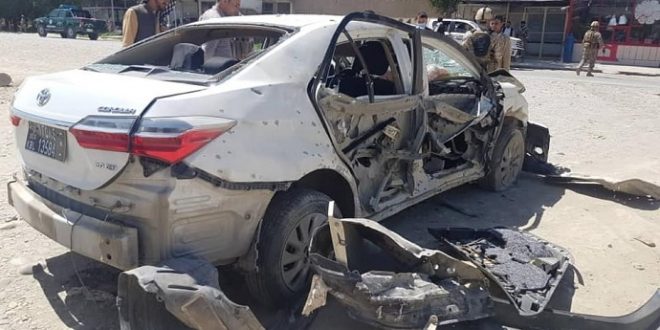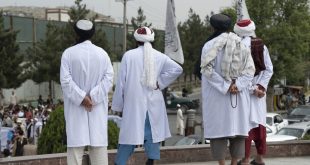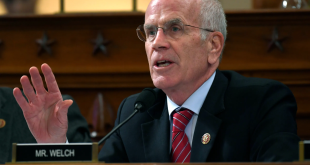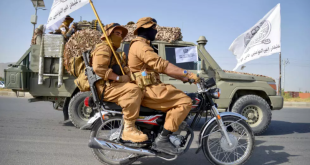Patience is being stretched to the breaking point as millions live under the shadows of the war and devastation. Afghanistan has been in the sticky wicket of conflict and foreign military entanglements for decades now. But, 2020 has been the worse year so far as the ongoing peace talks have emboldened insurgency in the country to levels hitherto unseen. Taliban have metamorphosed their morbid tactics into deadlier ones; roadside bombings and remote-controlled bombs have become the new norm of terrorism, silently killing hundreds of people every week. They have sharpened their teeth against civilians massacring in droves and ruining the modicum of normalcy and ignoring a global call for ceasefire. What’s worse is that the process and the outcome of peace talks are inherently ambiguous which can be translated as a failure in the battlefield against the foes.
As faceoff and reconciliation negotiations with Taliban continue, so does the fighting – fiercer than before. Ground realities are stark. Consequences are grave of insurgents’ bellicose to gain leverage in peace talks through escalation of hostilities and aggression at the expense of civilians. Although bellicosity and hostility heightens anti-Taliban sentiments, but the Taliban simply ignore that and continue to use violence as a pressure tool to hold a swing in the negotiations and broker a better deal for their future political presence in Afghan government apparatus. That is absolutely unnecessary, a strategic folly and a colossal miscalculation. Afghanistan has recognized the Taliban as a political front with which it started peace negotiations. That gave them enough legitimacy and leverage to stop being intransigent and cease hostilities. An escalation is dangerous and only sows hatred for Taliban. The last disaster Afghanistan needs is a regime change to the detriment of a democratic republic government.
 Afghanistan Times
Afghanistan Times




